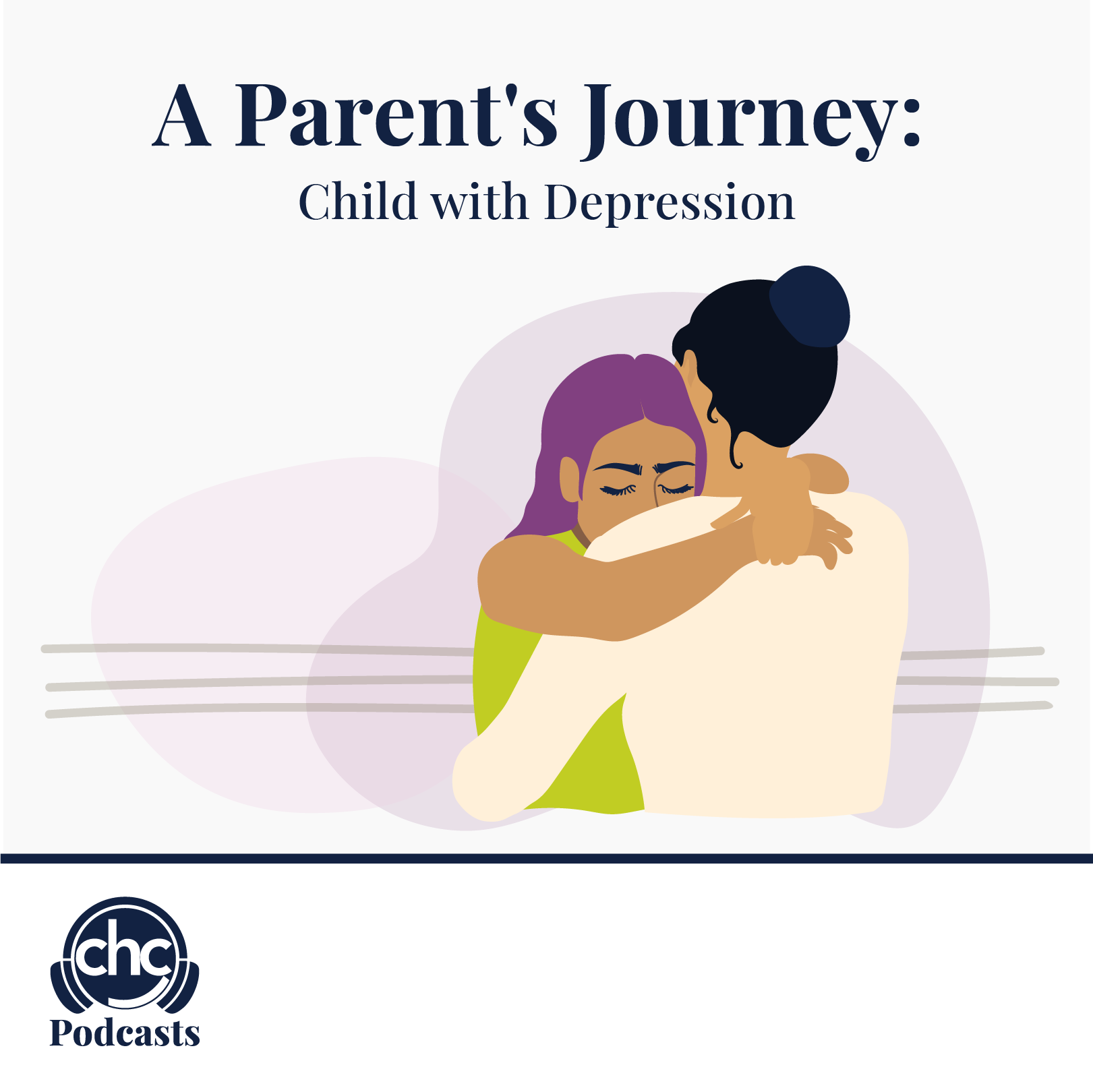What Are PANS and PANDAS?
PANS is a clinical diagnosis given to children who have a dramatic – almost overnight – onset of neuropsychiatric symptoms including Obsessive Compulsive Disorder (OCD) and/or eating disorder. Children may become moody, irritable and anxious and have difficulty with schoolwork.
PANDAS is an abbreviation for Pediatric Autoimmune Neuropsychiatric Disorders Associated with Streptococcal Infections. PANS is a newer term used to describe the larger class of acute-onset OCD cases. PANS stands for Pediatric Acute-onset Neuropsychiatric Syndrome and includes all cases of acute onset OCD, not just those associated with streptococcal infections.
The cause of PANS is unknown in most cases but is thought to be triggered by infections, metabolic disturbances, and other inflammatory reactions. Like PANS, children with PANDAS have an acute onset – within 2 to 3 days – of neuropsychiatric symptoms, specifically OCD and/or tics (involuntary, purposeless movements). However, PANDAS patients test positive for a known trigger, such as strep throat, peri-anal strep or scarlet fever. Like PANS patients, they also suffer from uncontrollable emotions, irritability, anxiety and poor academic performance and deterioration in handwriting skills. To date, PANDAS is the only known subset of PANS, but we may discover more in the future.
Q & A
How do children get PANS/PANDAS?
We believe children who develop PANS or PANDAS have a genetic predisposition for these syndromes, which are triggered by an environmental stressor, often an infection. With PANS, that trigger is unknown. PANDAS is thought to be triggered by a Streptococcal infection. Blood tests conducted on children with PANS may show signs of inflammation. We carefully examine the results in context of each child’s illness.
How common is PANS/PANDAS?
There hasn’t been a large population study on the incidence of PANS or PANDAS, so we don’t know how common they are. PANS and PANDAS are often overlooked by medical doctors because of the assumption that there is not an underlying medical cause for the patient’s psychiatric symptoms.
How is PANS/PANDAS treated?
Please see the Stanford Children’s Health academic site for more information on innovative treatments.
How are Stanford Children’s Health experts leading efforts to learn more about PANS and PANDAS through research and clinical care?
Lucile Packard Children’s Hospital Stanford was the first public institution to start a PANS service in 2012. We hosted the first national PANS consensus conference in the spring of 2013 where we worked to create clear diagnostic guidelines. The second PANS consensus conference was held at the National Institutes for Health in May 2014, which commenced the development of preliminary treatment guidelines. In addition, we have created a database and biorepository, and a team of epidemiologists and scientists who are studying clinical data and molecular mechanisms.
What should I do if I think my child has PANS or PANDAS?
Parents whose child has a dramatic onset of OCD, suddenly restricts their food intake, exhibits tics and/or is also experiencing sudden severe neuropsychiatric conditions – anxiety, irritability, uncontrolled emotions, and/or depression – should have their pediatrician refer their child to our clinic for an urgent visit, and test their child for both a throat strep culture and a peri-anal rapid strep test. If the rapid strep is negative, ask for a strep culture. If any of these tests are positive, the child needs to be put on antibiotics for strep. If strep is negative, the child should have blood tests for strep. If the child has had or been exposed to an illness with prolonged coughing, then your pediatrician may consider testing for a bacteria called mycoplasma. See the PANDAS Physician Network for more information regarding treatments. If you live outside 90 miles of Stanford, parents should have their pediatrician test for strep.
What is the prognosis for a child with PANS/PANDAS?
For children who are diagnosed early and a cause has been identified, the prognosis can be very good. Some patients respond quickly and are back to 100 percent normal function, but that doesn’t happen for everybody. For those in whom the cause is unknown and who don’t respond as well to antibiotics, we continue to treat the children and work with their families to address their illnesses.
For more information regarding the PANS clinic, including how to submit a patient referral, please visit the PANS service website.
Source: Stanford Children’s Health | Q & A: Sudden symptoms are first sign of PANS and PANDAS, https://healthier.stanfordchildrens.org/en/q-sudden-symptoms-first-sign-pans-pandas | © 2019 Stanford Children’s Health
A screening can help you determine if you or someone you care about should contact a mental health professional. Care Coordinators can arrange a free 30 minute Care Consultation so you can explore options with an expert. Call or email our Care Coordinators at 650.688.3625 or careteam@chconline.org to set up an initial Consultation appointment.





